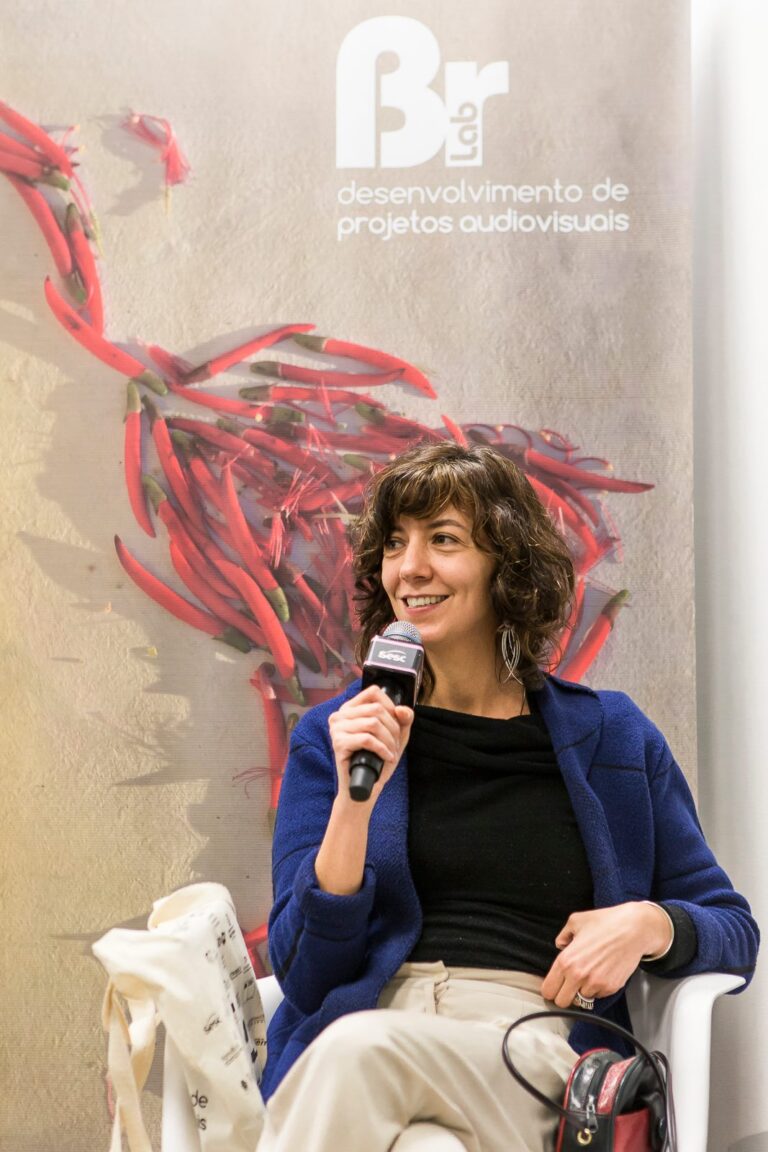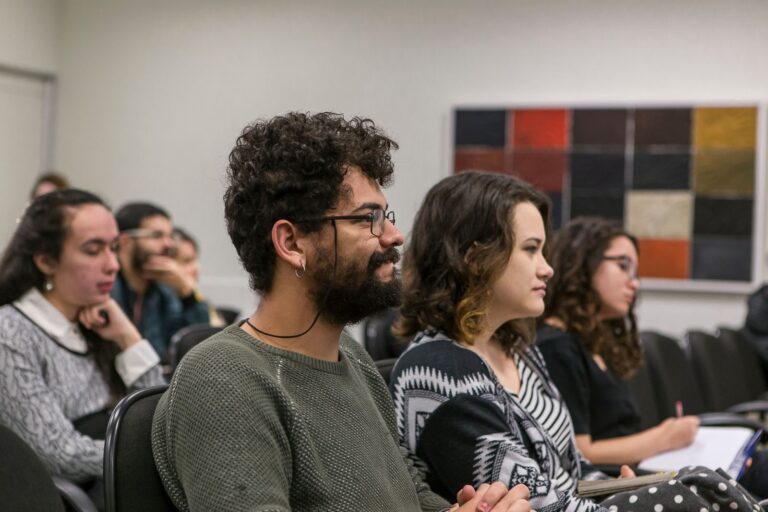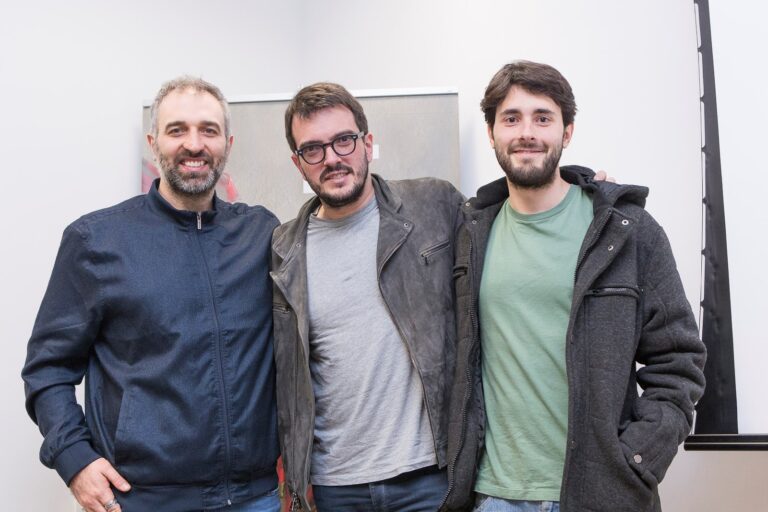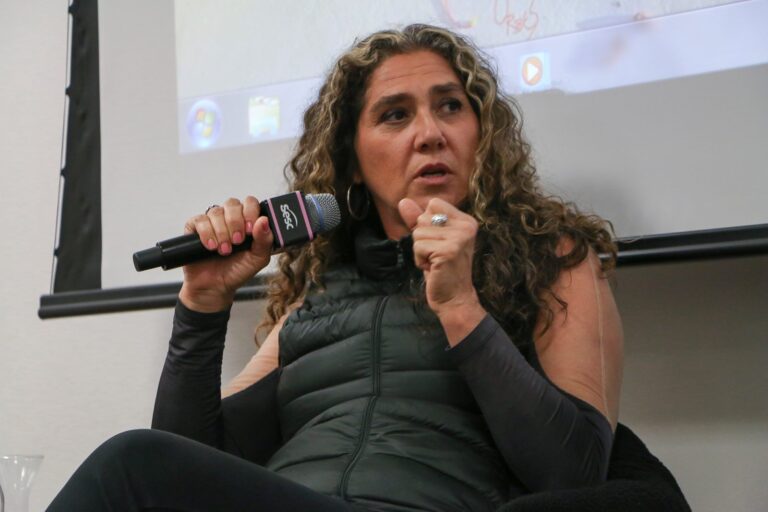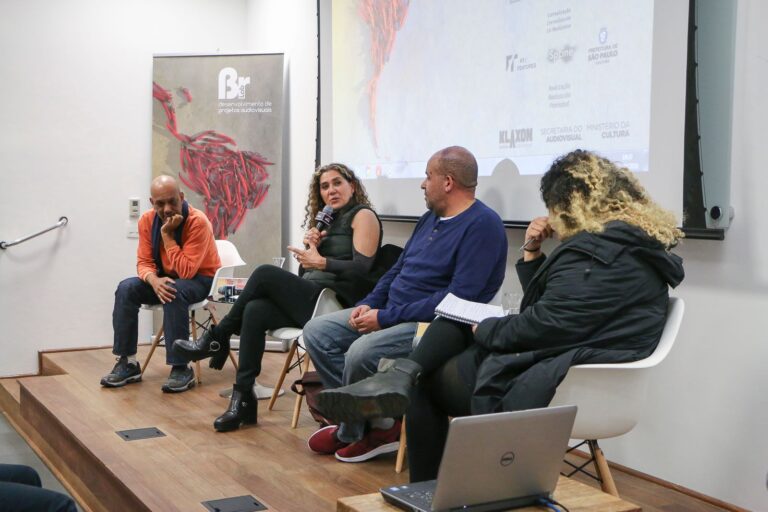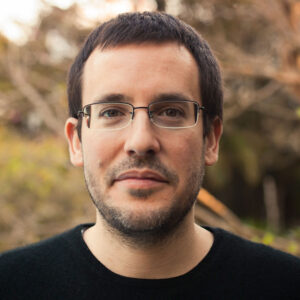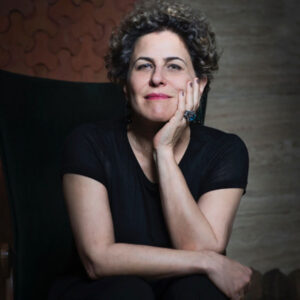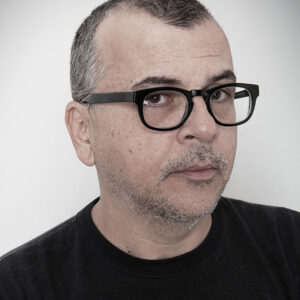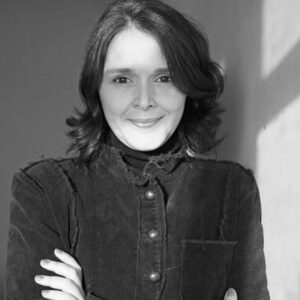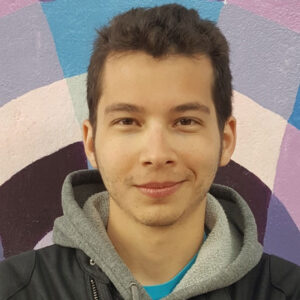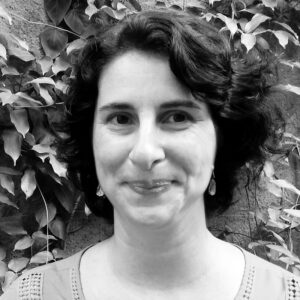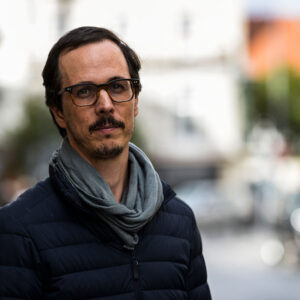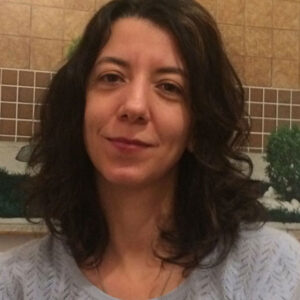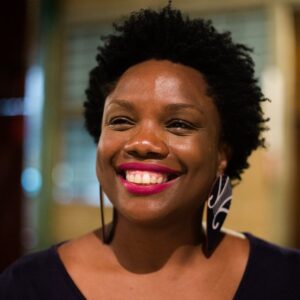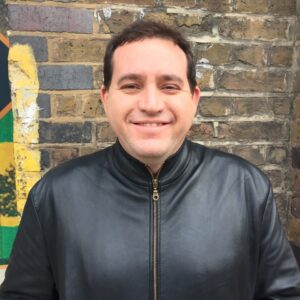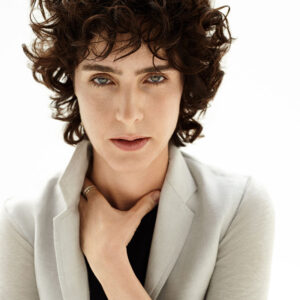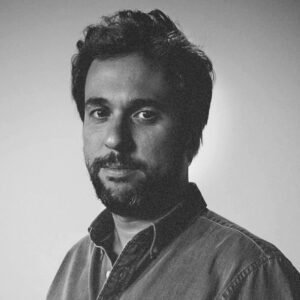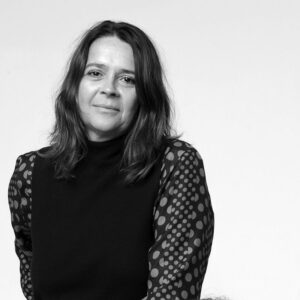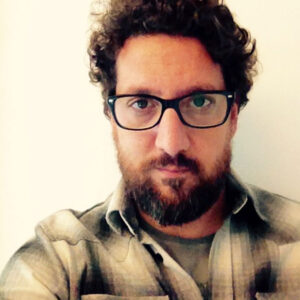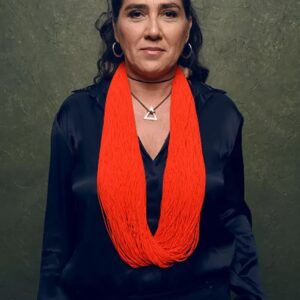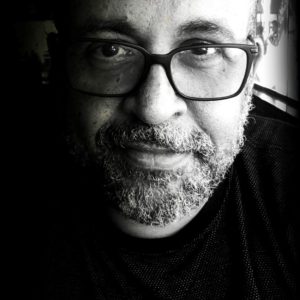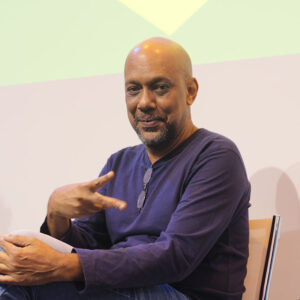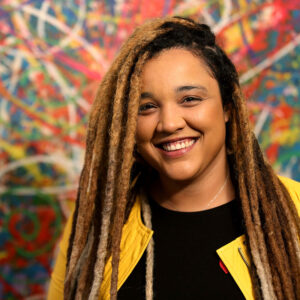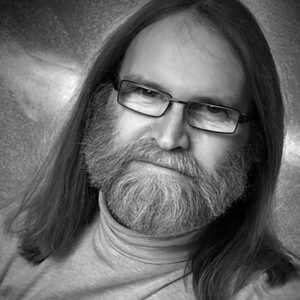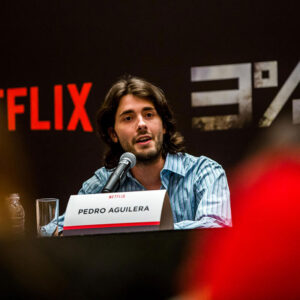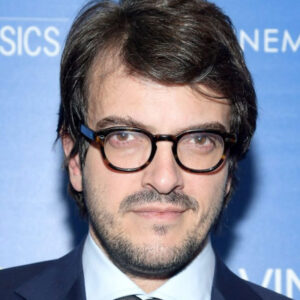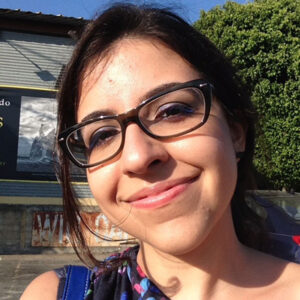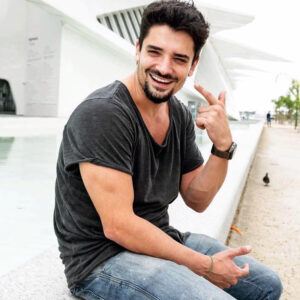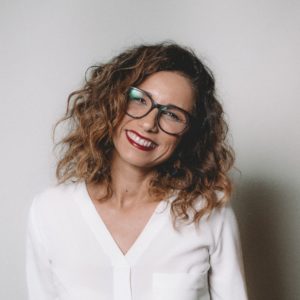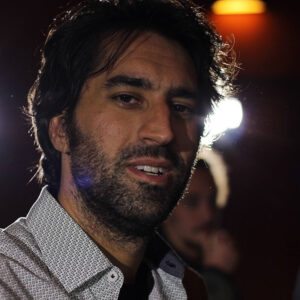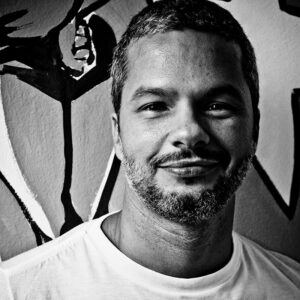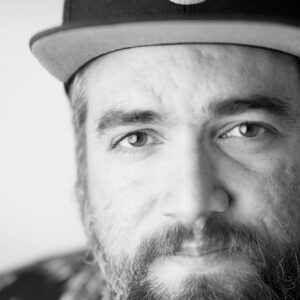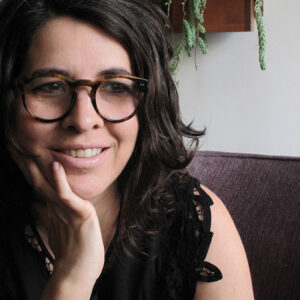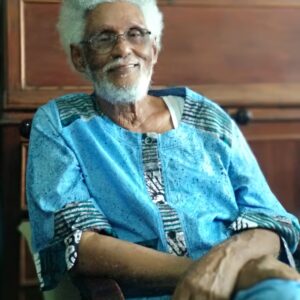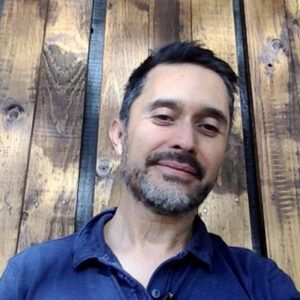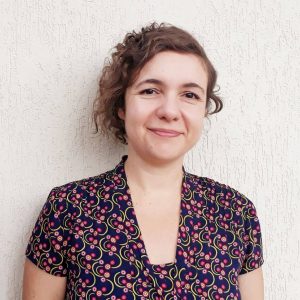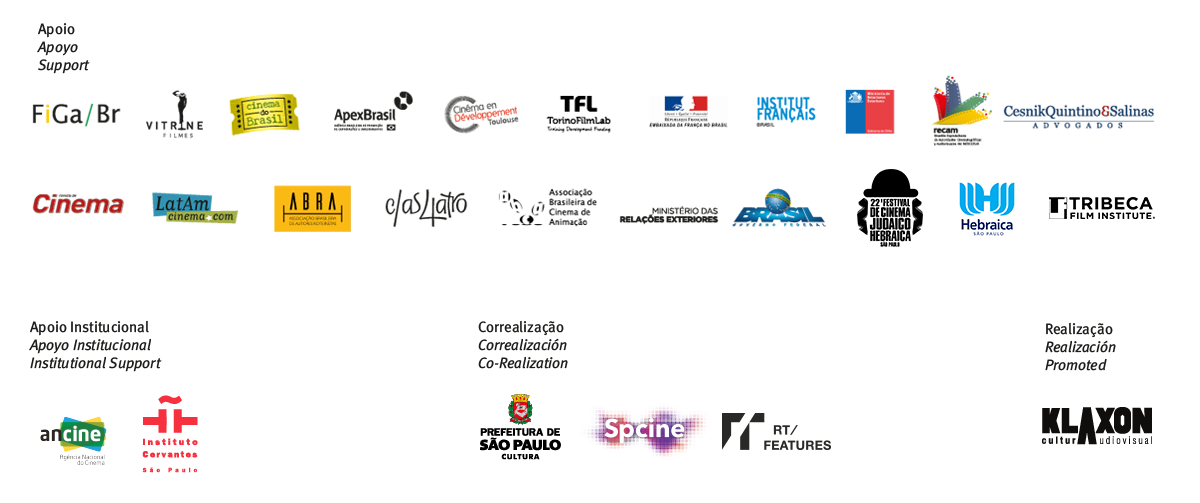In the life of the screenwriter, especially those who write TV series, there is a peculiar anxiety that appears after the first season is aired. Did the audience like it? Have we reached our goal? Will we have a second season or will the series be canceled? The best news is when the new season is con- firmed, following the success of the first one.
This is exactly how I feel right now, while organizing, to- gether with Rafael Sampaio, the second edition of BrPlot. Last year we organized 3 days of intense and thought- provoking discussions about the wonderful craft of story writing for the most varied screens. The result: sold out tickets and an audience eager for information, exchanges, questions. Simultaneous online broadcasting of the event also hit incredible numbers. We were seen by thousands of people across the country. Faced with such a wonderful result, we achieved our goal and our season was renewed.
The protagonist remains the same: the Brazilian screen- writer, in an environment so hungry for content. The dis- cussions now gain new perspectives and new guests arrive with the same readiness as ever: to share their experiences, anxieties and challenges in the face of the complex art of audiovisual writing.
We could not be in better company. For the opening pan- el, the experienced authors Antônio Prata, Duca Rachid and Fernando Bonassi, mediated by journalist Cristina Padiglione, will discuss the challenges faced by different narrative formats. The three authors have written short sto- ries, chronicles, novels, series, miniseries, films and soap operas. What is the inspiration, the work, and the paths taken to write in such different ways?
On the following day, our "super-Saturday", we will have three very interesting panels. In the morning, a debate about screenwriting for Games and Immersive Reality, new possibilities of work and authorship for screenwriters, with experts Arthur Protasio and Ricardo Laganaro, mediated by writer and screenwriter Sabina Anzuategui. In the afternoon, we will dedicate a "special" on series: a panel on "How to set up a script room?", with screenwriters with large experience at script rooms and series: Renata Martins, Mariana Trench and Lucas Paraizo, mediated by series expert Gustavo Gontijo, from TV Globo. We will wrap up the "super-Saturday" by challenging the boundaries of screenwriters’ work with a panel about the showrunner role. What skills should a screenwriter possess in order to go beyond the script room in a series? This panel will offer different points of view, with executive producer Marcia Vinci, director and screenwriter Carolina Jabor and producer, director and screenwriter Felipe Braga, mediated by screenwriter and producer Giuliano Cedroni.
Then a full week with a panel a day at 7:00 pm. We start on Monday with an important debate about the script and the place of speech. Paulo Lins will discuss, together with Anna Muylaert and Marton Olympio, the challenges of writing and representation, mediated by Juliana Vicente. On Tuesday, I will be happy to mediate a discussion about the script for global audiences, with screenwriter Pedro Aguilera and producer Rodrigo Teixeira. On Wednesday, the debate is about a field that grows exponentially: scripts for the Internet, with the presence of Pedro Esteves, Tatá Lopes and Manuela Bernardi, mediated by screenwriter Leo Garcia. On the last day of panels, we will have a con- versation about the script for animation, with the presence of British screenwriter Phil Parker, accompanied by screen- writers Arnaldo Branco and Zé Brandão and mediated by screenwriter Keka Reis.
Wrapping up the event, this year we have something new to offer. In addition to the panels and debates, there will be two masterclasses with our guests: Phil Parker will share his knowledge on the writing of powerful scripts and Ricardo Laganaro will talk about the novelties of the Immersive Narrative universe.
And to crown this season, we will close our activities on Friday with the presentation of the Screenwriting Awards of ABRA (the Brazilian association of authors and screenwriters) an association of which I am proud to be a board member.
May this season be as interesting as last year’s and, hope- fully, push us into the next year.
Welcome to BrPlot.
